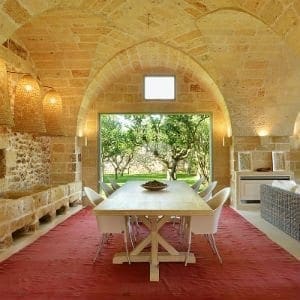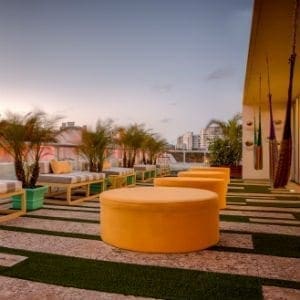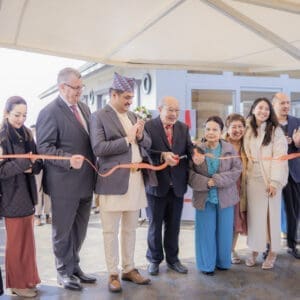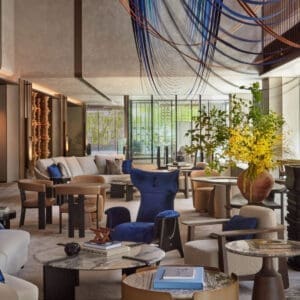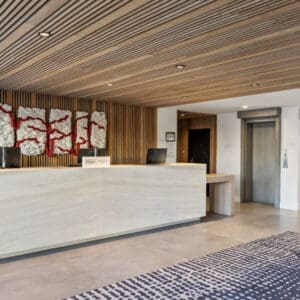Amari Havodda Maldives, a 120-villa private island hideaway located in the pristine Gaafu Dhaalu Atoll approximately 400km south of the capital Male, is now open.

A lush tropical paradise in a secluded part of the Indian Ocean, Amari Havodda Maldives is situated within one of the largest atolls in the world, enveloped by stunning nature with tropical greenery, turquoise lagoons and white sandy beaches. A haven for diving, snorkelling and underwater discovery, the island is surrounded by a pristine house reef featuring spectacular coral zones and marine habitats.
The pristine setting of Amari Havodda Maldives is complemented by architectural detailing and interiors by Singapore-based French designer Isabelle Miaja, based on the concept of ‘natural simplicity’. Public areas and villas depict subtle elements from local island culture with carefully selected artwork, fittings and textures inspired by contemporary Maldivian motifs. The resort is also home to one of the largest infinity pools in the Maldives.

As part of a deep-rooted commitment to preserve and showcase the area’s natural environment, smart energy saving and harvesting systems are deployed throughout the entire island. The resort takes pride of its lush natural landscape, with over 95% of the island’s indigenous trees and plants catalogued and protected during construction. Overwater villas were built using special techniques and materials to minimise environmental impact to the pristine lagoon. Construction and completion of the resort took just 14 months, making Amari the fastest hotel to be built and completed in the Maldives.
The latest offering in Amari’s growing collection of hotels and resorts across the Asia-Pacific region, Amari Havodda Maldives reflects the warmth and energy of an evolving modern Asia with brand-defining features such the market-style Amaya Food Gallery, Breeze Spa and contemporary space for sharing with loved ones, family and friends. Staffed by a multinational team, the resort is committed to creating memorable experiences that embody the spirit of local culture, as well as enhance the renowned traditions of Asian hospitality.


